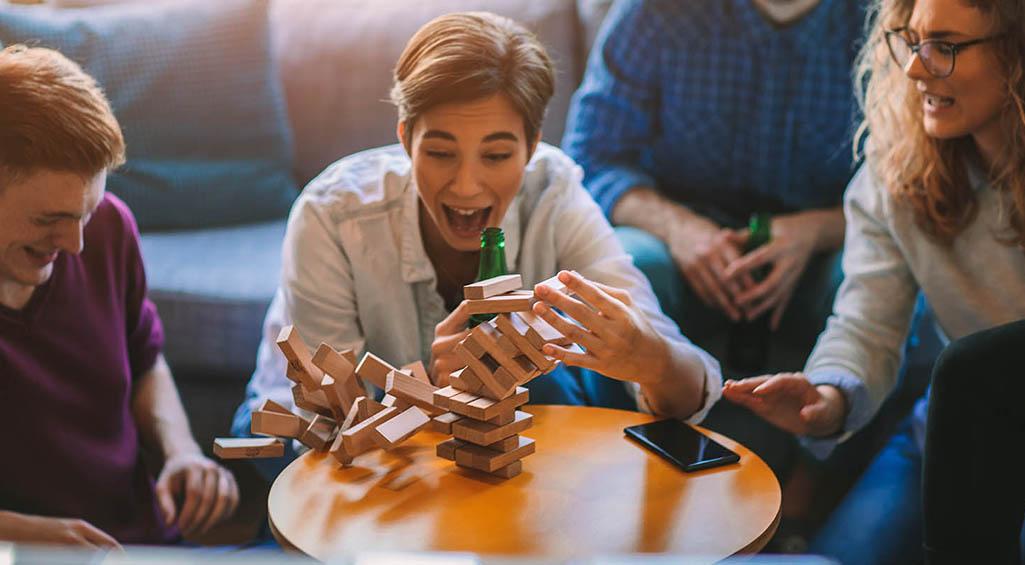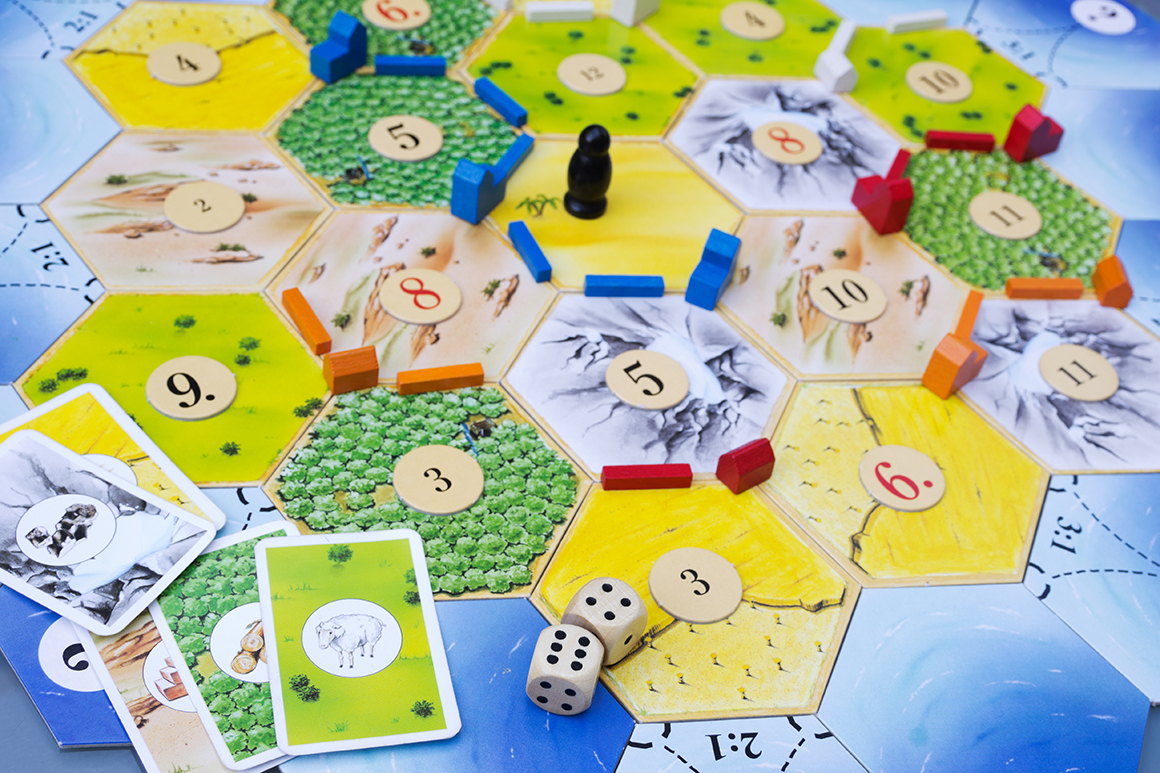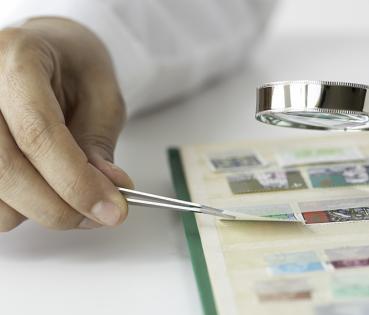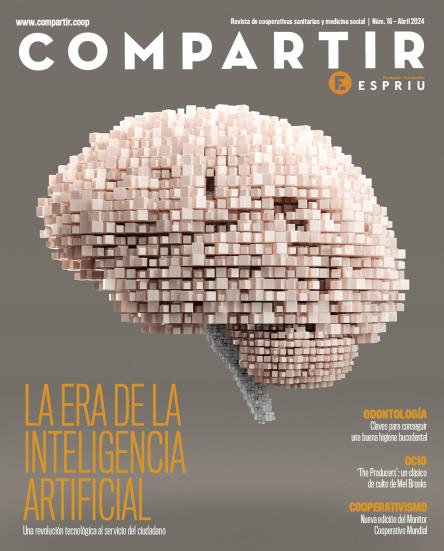
The benefits of board games
As well as being just a pastime or a leisure option, board games are a good ally for improving wellbeing and slowing down cognitive deterioration.
The Dutch historian Johan Huizinga wrote that playing is a necessary prerequisite for generating culture in any human society. An expert in Indo-European languages and medieval history, in 1938 Huizinga published Homo ludens, an essay in which he defended the importance of games as a backbone activity in the education of any individual and in the configuration of any advanced culture. His thesis would seem to be plausible if we think about how children start to understand the world and their limitations through simulation and trial and error, two characteristics that are intrinsic to games and playing.
History offers us dozens of examples that show the close link between games and civilisation. Archaeologists who have worked on sites in the Middle East have uncovered objects from 8,000 years ago that very probably were game boards. The Egyptian game senet goes back to 3100 B.C. In the Far East, weiqi (China) or Go (Japan) have also been played for time immemorial. Without forgetting the origins of chess, which are lost in the mists of Indian history.
Play and learn
But in addition to their close links to culture, board games have been shown to be a good ally when improving our emotional and social well-being. The clinical psychologist Antonio Gata emphasises that board games test the capacity of children, teenagers, as well as adults when solving problems, making decisions, managing frustration and dealing with mistakes. In fact, board games can be used to work on all areas of learning, virtually without this being realised. In one way or another, both children and adults develop our cognitive, affective, social and psychomotor capacities during each game.
Enjoying games in company will allow us to disconnect from screens and strengthen links with our loved ones. Work, school or everyday duties can raise obstacles when spending time with the people who mean most to us. Young children socialise by playing; therefore sitting down around a table to play a game can be an attractive proposal for them. It is an option that does not need planning and that can bring great benefits. In addition to strengthening social connections, each participant has the chance to work on their memory, logic and reasoning, as well as encouraging their concentration capacity over a short period of time.
According to data from the Spanish Neurology Society (SEN), in Spain there are over half a million people suffering from dementia, a figure that could reach over a million in 2050 if we take into account the latest estimates. Several studies confirm that taking part in board game sessions can delay the advance of cognitive deterioration. A study by the Institute of Biomechanics of Valencia found that the risk of dementia was 15% lower in board game-players than in non-playing people over a period of 20 years, concluding that stimulant leisure activities are considered as possible protecting factors against dementia and cognitive deterioration.
The benefits of board games
Furthermore, many games test the creative and analytical thinking processes, activating both hemispheres of the brain. Even the simple fact of learning the rules and playing a new game can help to strengthen the mind, according to the Central Connecticut State University. This impulse in the intellectual capacity has also been confirmed by a study by the University of Wisconsin-Madison, in which the participants taking part in cognitive activities, such as card games, showed greater brain volume in specific regions, in comparison to the other participants who played fewer or no games.
The variety of options within the universe of board games means that each person can find topics and mechanics that they feel more comfortable with. Beyond the classic proposals (chess, cards, Scrabble, Risk, Monopoly, etc.), the sector has experienced a true revolution in recent years that has brought hundreds of new titles to the shelves of specialised shops. A small victory of cardboard and wood in the era of technology boom.





